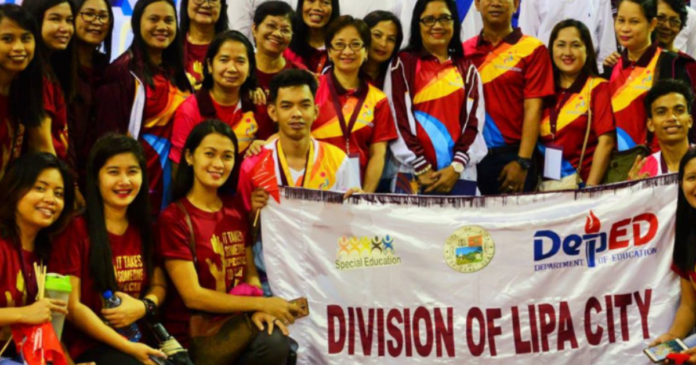Sports have always been an integral part of promoting fair play, camaraderie, and healthy competition in the Philippines. It is embedded in our cultural and social fabric, with local government units, the business sector, and private companies working together to forward the positive effects of maintaining a healthy lifestyle.
Over the years, local government units (LGUs) from across the country have taken an interest in and taken charge in encouraging the community to take that paradigm shift and give sports, particularly running and multi-sports, a chance to change their lives.
𝐓𝐇𝐄 𝐑𝐎𝐋𝐄 𝐎𝐅 𝐋𝐆𝐔𝐬 𝐈𝐍 𝐒𝐏𝐎𝐑𝐓𝐒 𝐏𝐑𝐎𝐌𝐎𝐓𝐈𝐎𝐍
In essence, LGUs are at the forefront of sports development, especially at the grassroots level. For years, they have been responsible for tapping new talents, supporting athletes, and creating sports facilities that the general public could also use. With budgetary allocations, laws and ordinances, and national backing, LGUs come with a mandate to make sports accessible to everyone.
The overnight success of fun runs, marathons, and other racing events is also being organized by LGUs to further entice Filipinos to be physically fit. These are usually held during festivals, special occasions, and locally organized events. With affordable registration fees and an inclusive environment for runners of all shapes, sizes, and forms, LGUs have been instrumental in making running one of the most popular sports in the country.
Aside from running, LGUs have a keen interest in triathlon and other multisport activities. Notable cities like Cebu, Subic, and Davao have been hosting national and international competitions for years and started what is now being called sports tourism—organized events that draw athletes, fans, and even investors from all over the world to visit a locale to take part in sporting activities.
LGUs are also vital in the creation of sporting facilities like swimming pools, running paths, and other amenities. These are usually built-in government-owned or acquired real estate assets to provide their respective communities with infrastructure to stay fit and healthy.
𝐍𝐎𝐍-𝐏𝐑𝐎𝐅𝐈𝐓𝐒 𝐀𝐍𝐃 𝐓𝐇𝐄 𝐏𝐑𝐈𝐕𝐀𝐓𝐄 𝐒𝐄𝐂𝐓𝐎𝐑
Alongside LGUs, non-profit organizations (NPOs) and the private sector are doing their part to elevate the quality of sports programs and participation among Filipinos. The Philippine Sports Commission and the “Batang Pinoy” program are some household names that spearhead sports development programs among the youth.
NPOs are also proactive in the promotion of sports. Running communities and multisport groups draw people to join their regular training sessions and workouts to emphasize the importance of sports and to allot a portion of their schedule to exercise.
With the combined efforts of the LGU, the private sector, and non-profits, Filipinos are finding a new lease to be healthy and take up sports to maintain holistic wellness.
Running and multi-sports offer more than just physical fitness; it is a revolution that taps mental well-being, the inclusion of a thriving community of like-minded people, and a motivating factor to improve one’s self.
Those who are involved in promoting sports across the country will continue to do so. Future athletes and a new wave of names will be unfolded, provided that they are supported by people with the same advocacy.



